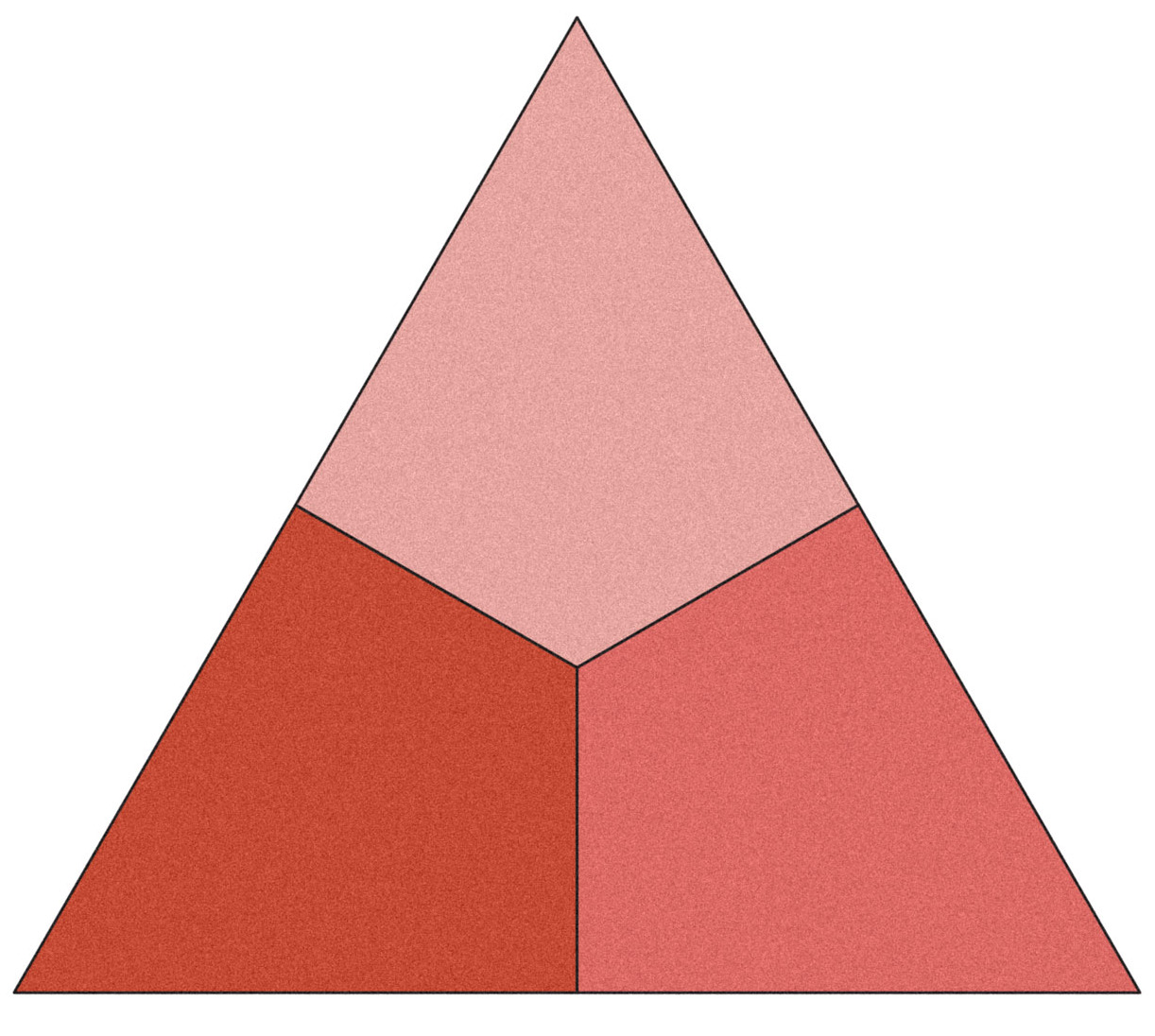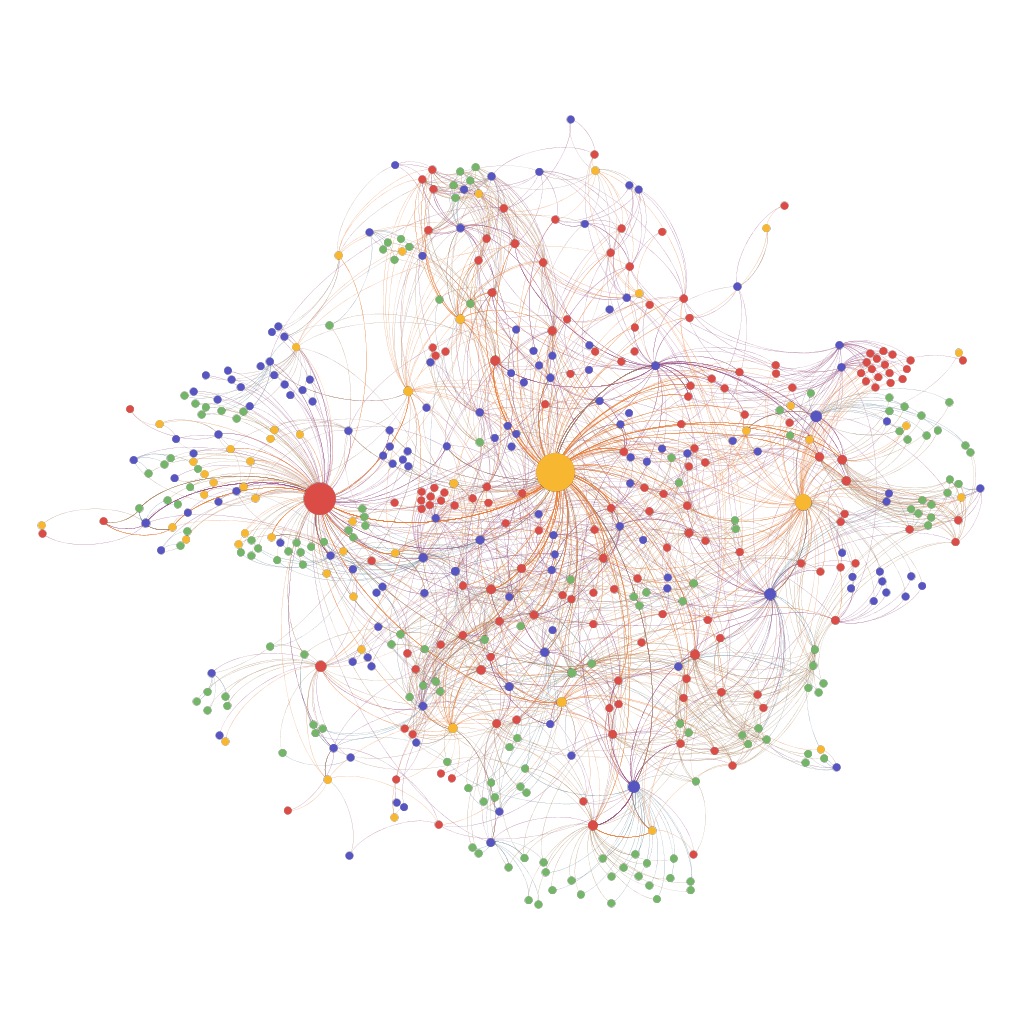We build systems that lift the capabilities of programmers dealing with the vast complexity of modern software systems. Our systems automate away inessential complexity and automate in desired features — for example, securing programs that use hundreds of software dependencies, bolting distribution onto existing applications, and parallelizing large-scale pipelines built out of multi-language components. We characterize the behavior of the systems we build using real workloads seen in practice, often paired with mathematical models and proofs of key properties of interest.
News #
Sep'25: Early ideas on
LLM guardrails,
hybrid scheduling, and
verifiable kernel extensions at
SOSP'25 workshops!
Aug'25: Two
NSDI'26 papers on
optimization prediction and
fault tolerance for opaque distributed systems!
Aug'25:
Evangelos Lamprou joins BrownCS and the group for his PhD!
Jul'25: Our
benchmark suite for the shell received the
Best Paper Award at
USENIX ATC'25!
Jul'25:
Nikos Vasilakis received a
Google ML-and-Systems Junior Faculty Award!
Jun'25:
Our paper on the
Koala benchmarks for the shell was accepted at Usenix
ATC'25—the
last one, ever!
Apr'25:
Apply to attend the
Brown Systems Week 2025!
Mar'25: Our paper on
semantics-driven static analysis for the shell made it to
HotOS'25!
Mar'25: Received an
Amazon Research Award (ARA) on Automated Reasoning for the Unix/Linux shell!
Jan'25:
Nikos Vasilakis is organizing
EuroSec'25, co-located with
EuroSys'25 and
ASPLOS'25.
Dec'24:
Eric Zhao discusses the intricacies of symbolic execution for the shell at
NJPLS'24.
Oct'24:
Anirudh Narsipur discusses static analysis for the Unix shell at
NEPLS'24.
Aug'24:
Lukas Lazarek and
Di Jin join the group as postdoctoral associates—welcome!
Jul'24:
Eric Zhao,
Ethan Lavi,
Grigoris Ntousakis, and
Yuchen Lu join the group for their PhDs!
Jun'24:
Ioanna Gemou starts her research visit on machine learning for systems, co-hosted by
Ritambhara Singh.
See all news
Team #
Research #

Automating Protections Against Software Supply-Chain Threats
Modern software incorporates thousands of dependencies as a means of accelerating development and reducing cost—risking safety and security for both developers and end-users. We have built a series of systems targeting the JavaScript ecosystem—the largest such ecosystem out there—automating the analysis, transformation, and synthesis of JavaScript dependencies across a variety of threat models. Examples:
AsiaCCS'23,
CCS'21,
CCS'21.

Automating Acceleration and Scale-out of Software Systems
Language-agnostic programming environments hinder automated parallelization and distribution, often forcing developers that deal with large datasets to manually rewrite programs and their components in languages that support these features. We have built a series of systems that accelerate, parallelize, distribute, and scale out computations fully automatically — while maintaining key correctness and security guarantees. Our systems target widely used environments — e.g., JavaScript, Python, the Shell — and are offered by open-source consortia such as the Linux Foundation. Examples:
NSDI'23,
OSDI'22,
EuroSys'21.

Automated Transformation Towards Secure Scalable Computing Paradigms
Recent trends are pushing developers towards new paradigms of secure and scalable computing—e.g., confidential computing, microservices, serverless computing, and edge computing. Transforming a conventional program to leverage these paradigms is a laborious manual process that can lead to suboptimal performance and in many cases even break the program. We are developing systems that support this kind of decomposition and leveraging special hardware capabilities when these are available in the network. Examples:
ARES'22,
PLDI'19,
ATC'19.















